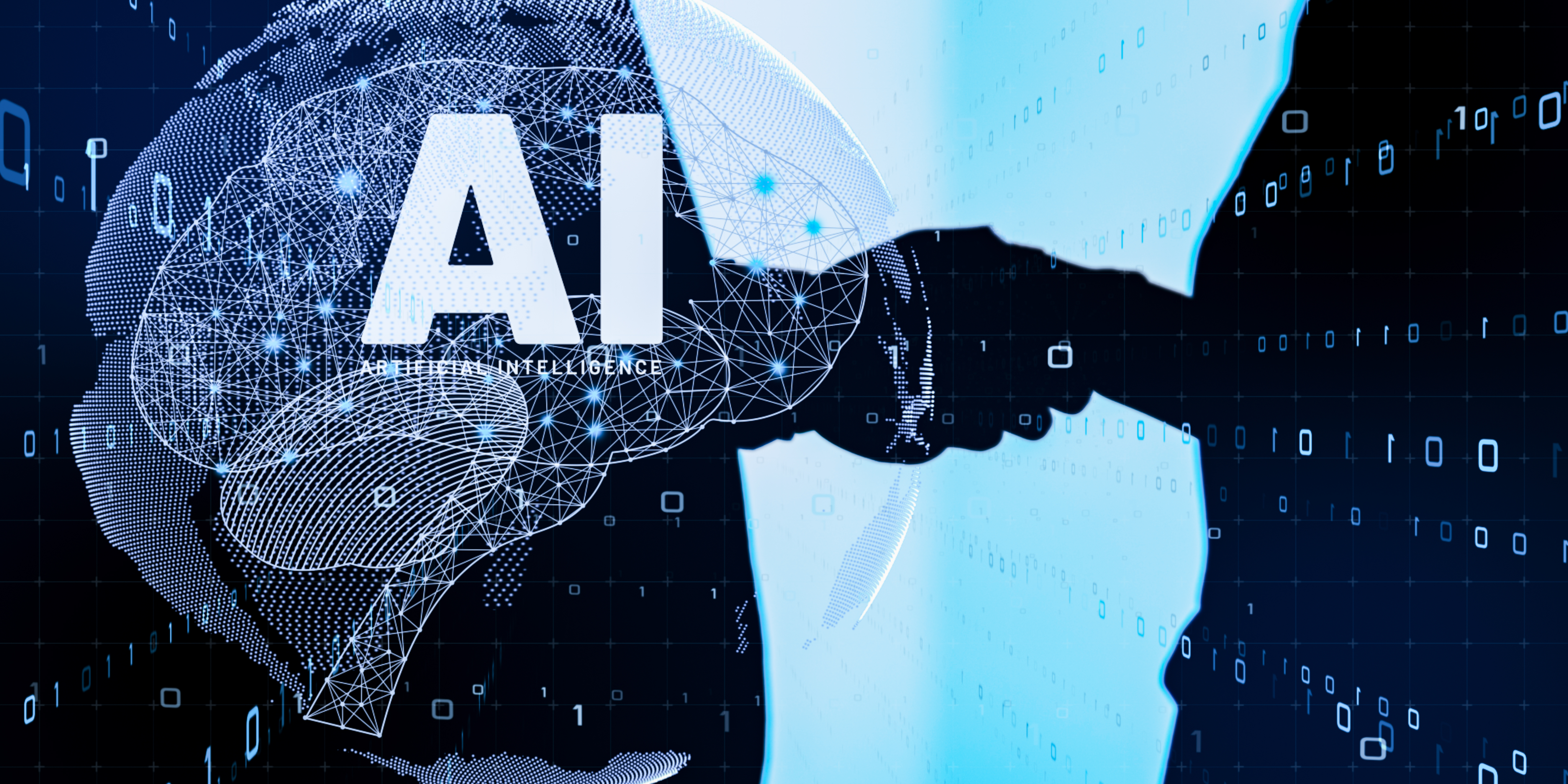The integration of Artificial Intelligence (AI) in recruitment is transforming how businesses identify, attract, and hire talent. AI offers groundbreaking efficiencies, but its limitations highlight the need for a balanced approach. How are organisations currently using AI, and what does its future hold in the recruitment landscape?
Current Adoption and Future Intentions
AI is becoming a staple in recruitment processes. According to a BBC report, 42% of UK tech firms are using AI to screen and recruit candidates in 2024. An SSR study also reveals that 70% of enterprise-size businesses in the UK use Applicant Tracking Systems (ATS) to screen CVs, compared to 20% of small and medium enterprises (SMEs).
Despite its growing adoption, barriers such as trust issues, ethical concerns, and cost constraints indicate that not all organisations are ready to embrace AI in recruitment.
The Power of AI in Streamlining Recruitment
AI tools excel in automating repetitive tasks, enhancing efficiency in specific recruitment areas:
- Job Description and Posting Tools: Rated as the most effective, with 85% of respondents finding them helpful. AI can craft optimised job adverts, increase visibility, and target the right audience.
- CV Screening and Talent Acquisition Tools: These tools are highly rated, with 45% and 39% of respondents highlighting their usefulness in handling large data volumes to quickly identify qualified candidates.
When AI Falls Short: The Human Connection
While AI is transforming recruitment, its limitations are clear in areas that require a personalised approach:
- Candidate Experience and Engagement: Only 25% of respondents found AI effective here. Building relationships and understanding candidates’ unique aspirations still demand a human touch.
- Interview Scheduling and Onboarding: These processes received low helpfulness ratings of 11% and 8%, highlighting underperformance in creating seamless, human-like interactions.
AI struggles to interpret subtle human factors such as interpersonal skills, soft skills, and life circumstances. For example, it cannot account for a candidate’s changing motivations influenced by life events like redundancies, career shifts, or personal milestones.
Barriers to AI Adoption
Despite its advantages, AI adoption faces significant obstacles:
- Lack of Trust in Decision-Making:
- 61% of respondents are hesitant to trust AI for subjective and qualitative decisions, such as cultural fit or nuanced assessments.
- Cost of Implementation:
- 42% cited financial barriers, particularly for smaller businesses with limited budgets.
- Ethical Concerns About Bias:
- 31% raised concerns about AI unintentionally introducing biases in hiring, potentially disadvantaging certain groups.
- 31% raised concerns about AI unintentionally introducing biases in hiring, potentially disadvantaging certain groups.
The Role of Data Privacy and Trust
Trust in AI tools begins with transparency. Companies must ensure compliance with regulations like GDPR and clearly communicate how AI processes candidate data. Without this transparency, adoption may remain limited, especially for firms prioritising ethics and candidate trust.
Candidates and the AI Revolution
Interestingly, job seekers are also turning to AI. The Financial Times reports that over 50% of candidates use AI tools to tailor CVs and applications.
This raises critical questions:
- Are candidates gaming the system with AI-optimised applications?
- Could over-reliance on AI result in similar applications that lack authenticity?
- How can recruiters differentiate between genuine skills and AI-enhanced profiles?
These trends demand that recruiters adapt by prioritising assessments of soft skills and authenticity over keyword matching alone.
Recruitment: The Art of Balancing Technology and Humanity
AI can automate and optimise many aspects of recruitment, but it cannot replicate the human ability to connect, empathise, and understand. Recruitment, much like dating, involves more than just finding a match on paper — it’s about building relationships that work in the real world.
While technology continues to advance, recruiters must focus on the areas that cannot be automated. Matching the right person to the right role requires intuition, relationship-building, and understanding candidates as more than just profiles.
Partner with Bond Williams to Achieve the Perfect Balance
At Bond Williams, we combine cutting-edge technology with a personal, human-centric approach to recruitment. Our expertise ensures that businesses find the right talent while fostering meaningful connections that technology alone can’t provide.
Whether you’re looking to optimise your hiring process, or ensure a personalised candidate experience, Bond Williams can help.
Contact us today to learn how we can tailor our solutions to your unique recruitment needs and help your business thrive in the age of AI.





